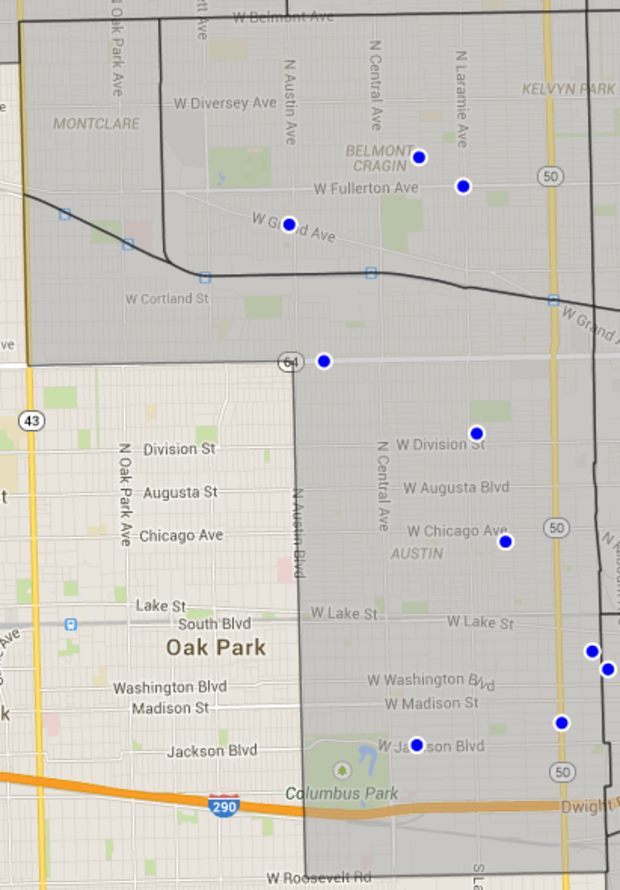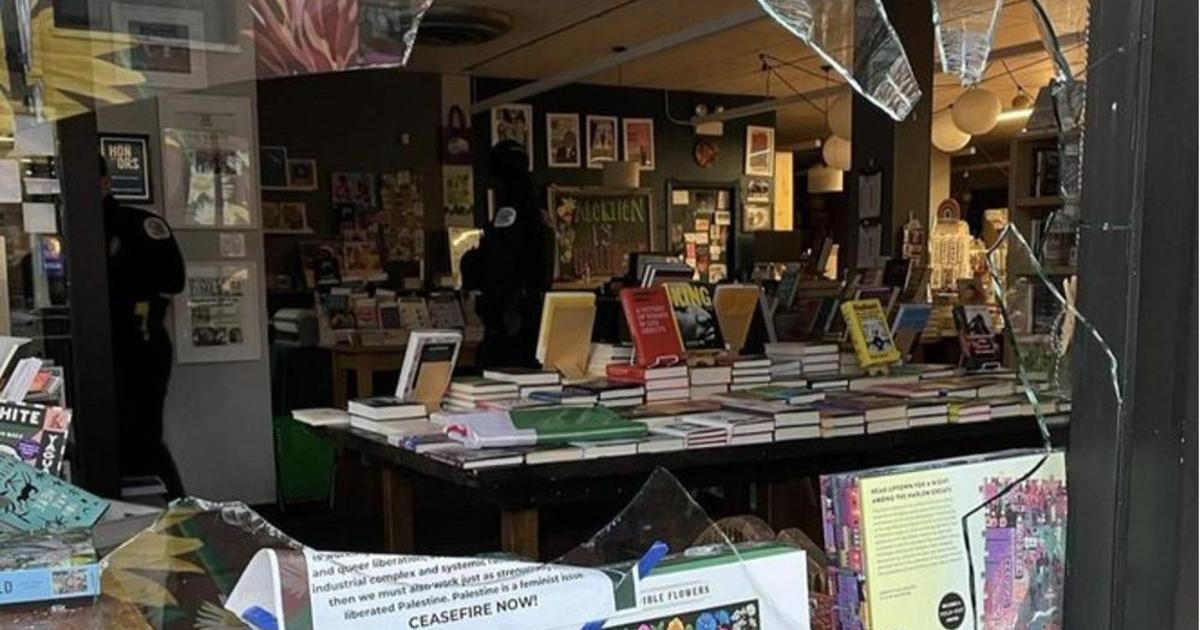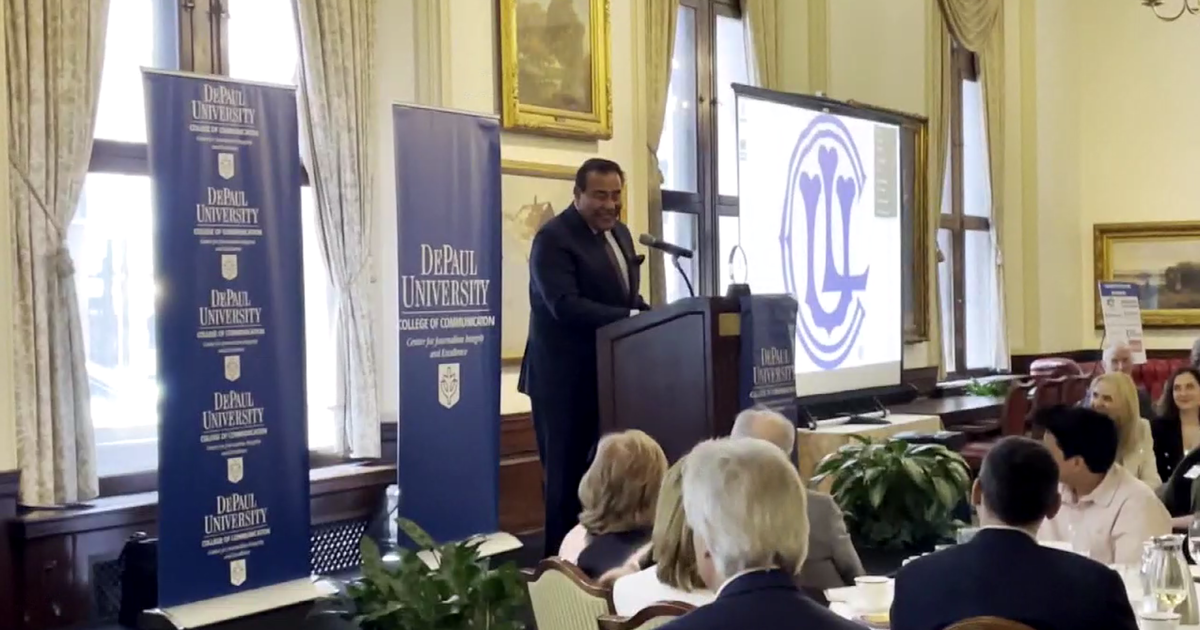Opinion: Who Cares If Murders Are Up, It's Not Like It's Affecting Your Neighborhood?
The views expressed on this page are those of the author, not CBS Local Chicago or our affiliated television and radio stations.
Well, I mean, I care. But do you?
Admittedly, you probably do care about the number of homicides in the first three months of 2015 if you're from Austin, Roseland or Ashburn -- the three neighborhoods with the most murders. This isn't a surprise. These neighborhoods -- though filled with hardworking families and businesses, like every other Chicago neighborhood -- tend to see a disproportionate amount of violence. So what is the city doing for them, our sister neighborhoods?
RELATED: Chicago's 'Most Violent Neighborhood' Is On The Rise, Offers More Than Just Homicide Statistics
Before we can answer that, I first want to ask why the heck we care so much about the number of homicides in the first three months of 2015?
According to this article, "there were 18 more murders and 107 more shooting incidents in the first quarter of 2015 than the first quarter of 2014..."
As we highlight this increase, we fail to recognize that the first three months of the year tend to be insignificant. Rarely do these months accurately predict the violence Chicago will see the rest of the year. 2014 murders for January, February and March accounted for just 15 percent of total homicides. July, August and September of 2014, on the other hand, accounted for 30 percent.
So no, I don't really think it helps to put a lot of significance on a handful of months from one year to the next.
Coming back to my original question, I do find the where part of this puzzle important. If you're wondering whether 2015's violence falls in line with Chicago's past, where a few neighborhoods see far more violence than the rest of the city, then you'll find that not much has changed. The population of the neighborhoods with the most homicides in 2015 thus far represent about 20 percent of the city, yet saw 54 percent of the murders.
"The most important thing that I'm seeing in what's happening here today is something that we talk about all the time," Police Supt. Garry McCarthy said yesterday. Can you guess what he was talking about?
If you guessed gun violence, then you, my friend, are absolutely right. (You can see Jesus Chuy Garcia's response to the rise in murders here, btw.)
"You've heard me say it over and over again. We are a city that takes more guns off the street than any police department in the country," McCarthy said. "In 2013, we took seven guns for every one that the New York City Police Department took off the street; and 3-to-1 to Los Angeles."
McCarthy blames gun laws, and half of me gets it -- gun violence is a huge problem in Chicago.
But guns aren't the only problem! Yet, when we see spikes, guns become the scapegoat. This was the case when Mayor Daley "jokingly" threatened to shove a rifle up a reporter's butt, and apparently it's still the case today (with fewer, hilarious and embarrassing outbursts).
Guns are a problem which Chicago has always had to deal with, and sadly will continue to have to deal with. I don't think the city or country should give up on trying to solve that problem, but I think the city should think about the many other factors affecting violence in Chicago.
For me, using guns as a scapegoat seems downright insulting. This mantra ignores inequalities in education, jobs and health services in many of the neighborhoods that -- hey, whaddya know -- just happen to face the brunt of the city's violence.
But then again, maybe those are the kinds of problems the city wants to ignore.
Mason Johnson is a Web Content Producer for CBS Chicago. You can find him on Twitter.
Source: Chicago Data Portal




